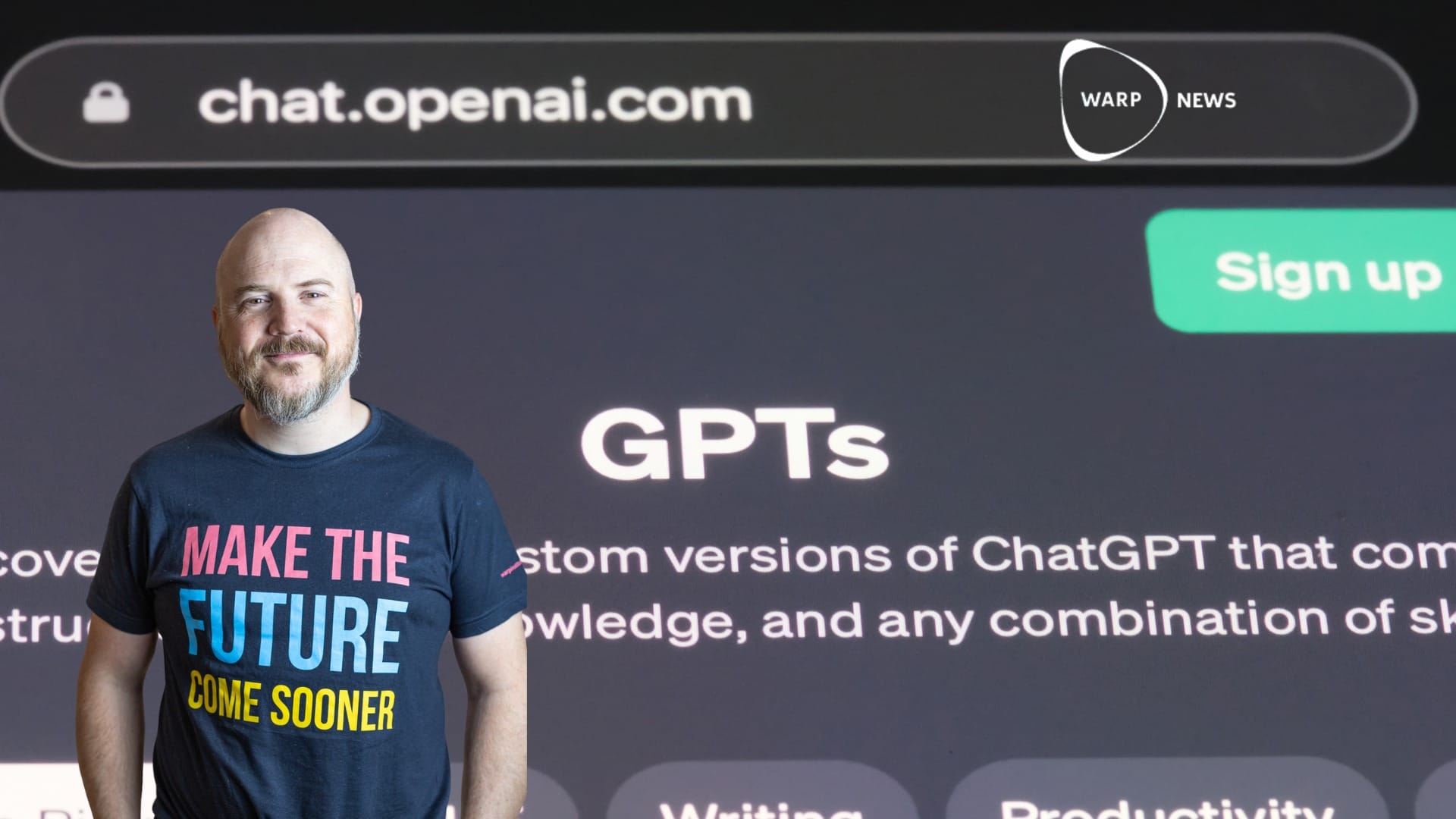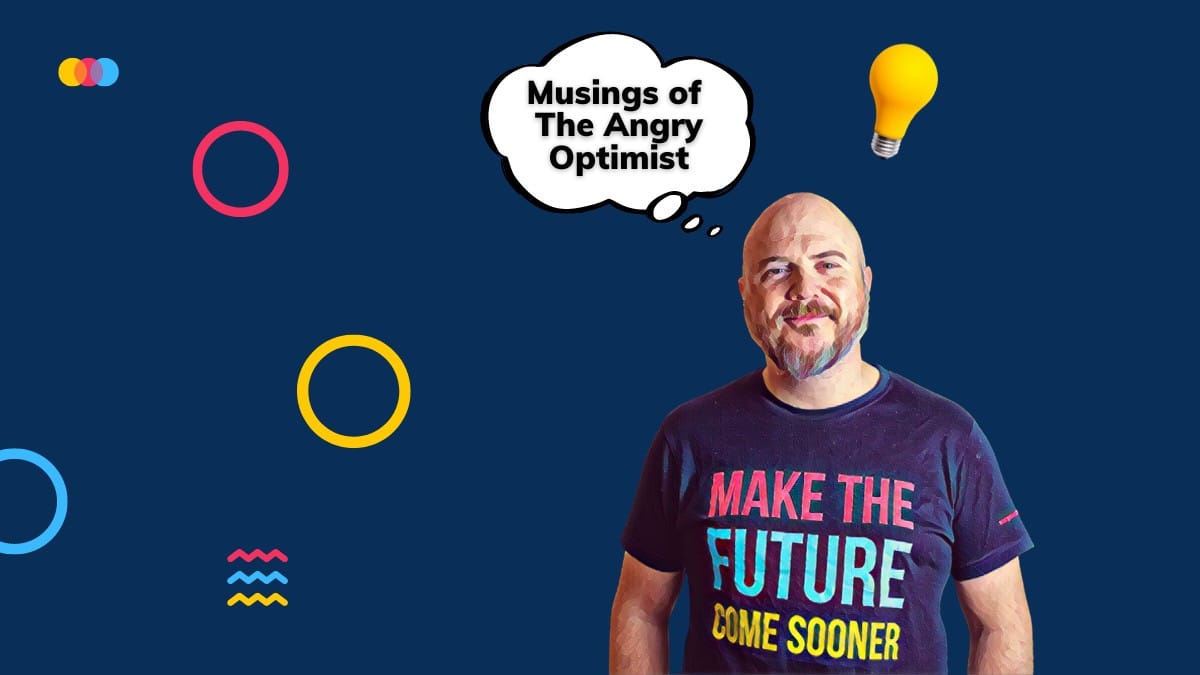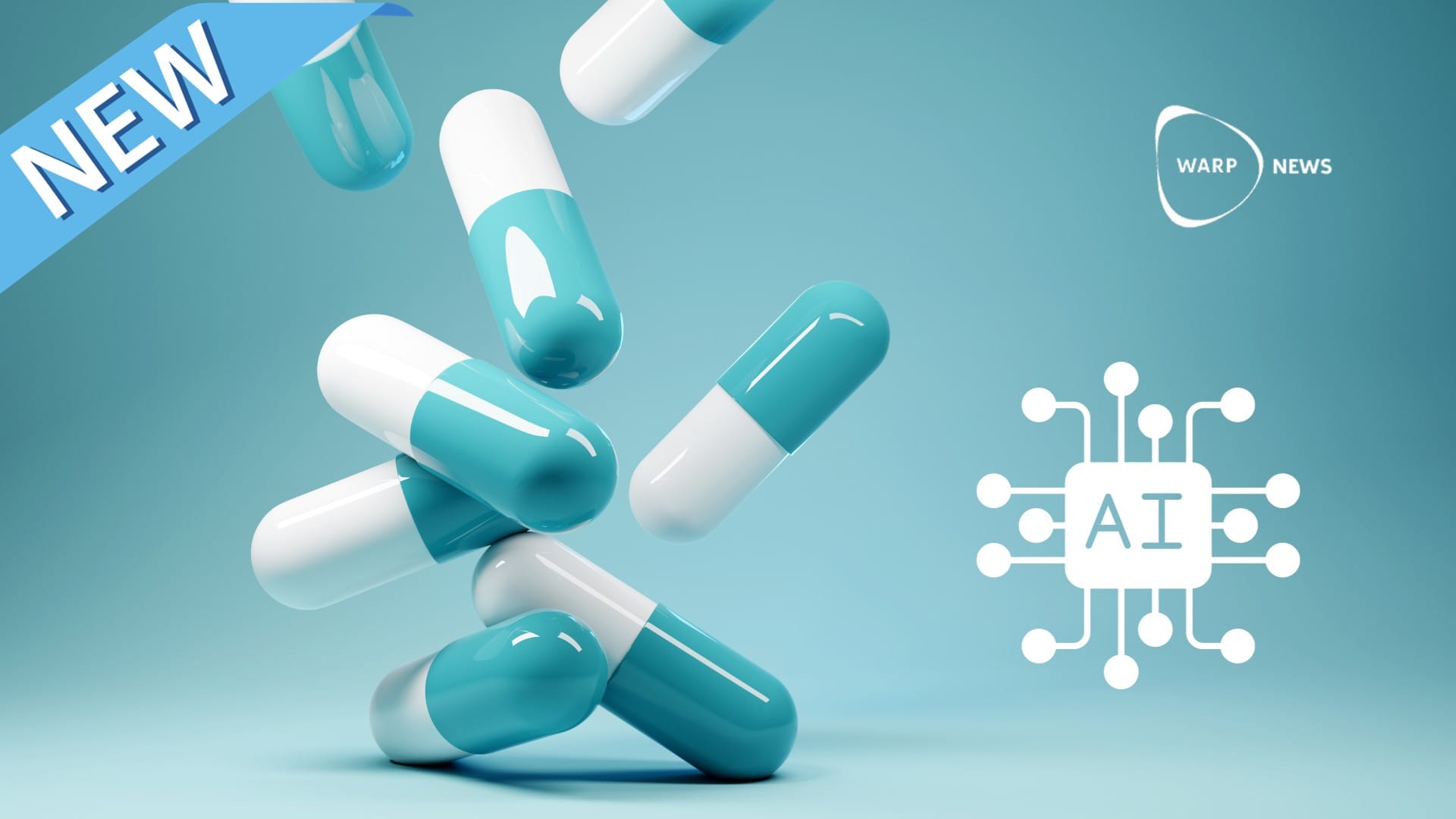🧠 Artificial Intelligence
Artificial intelligence (AI) helps doctors make better diagnoses, scientists create new materials, farmers grow crops more effectively and all of us driving cars - and millions of other applications. This topic also covers subsets of AI such as machine learning (ML), deep learning and neural networks.
👨💻 The angry optimist's guide to creating a GPT (your own special version of ChatGPT)
Now it's possible to build special versions of ChatGPT. It's powerful but super easy and anyone can do it. Here are some tips to get started.
🦾 What can we learn from the Swedish IT miracle for the AI era?
Newsweek named Stockholm Europe's internet capital. Swedes had the most computers and the best broadband in the world. From the Swedish IT miracle, Skype, Spotify, and many other unicorns were born. What can we learn from that as we now try to create AI miracles?
👩🏫 Towards the centaur school - part 2
The journey to develop AI services for school and education continues. This time I visit a class, which gave me both déjà vu and an aha experience.
🙄 No, AI disinformation is not the biggest global threat - on the difficulty of getting a message across
AI-generated disinformation is the biggest global threat, says 1500 experts. That's nonsense.
💊 AI aids in discovering new antibiotic candidates
The urgent need for new structural classes of antibiotics is critical in combating the escalating problem of antibiotic resistance. Deep learning methods have significantly contributed to the exploration of chemical structures in this field.
🤖 AI Optimism: Why AI will be easy to control
Even at superhuman levels, AI will remain controllable and aligned with human interests.
🧮 A large AI language model resolved an unsolved math problem
This is a testament to the untapped potential of AI in scientific research, providing a new paradigm for approaching and solving intricate problems.
⛈️ DeepMind AI achieves precise weather predictions on desktop computers
GraphCast predicts weather up to 10 days in advance with remarkable accuracy, and uses only seconds to process the data, surpassing traditional methods.








